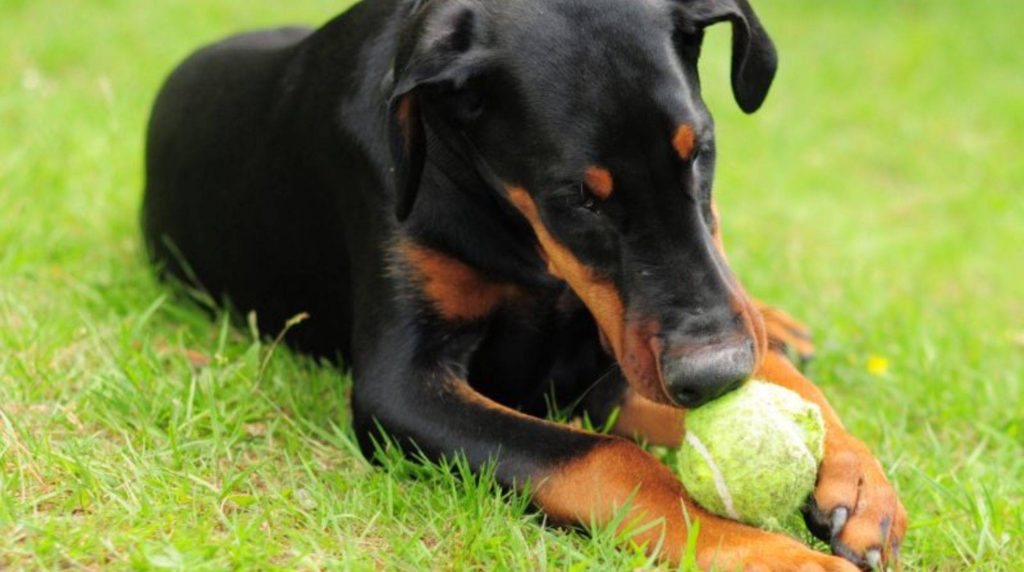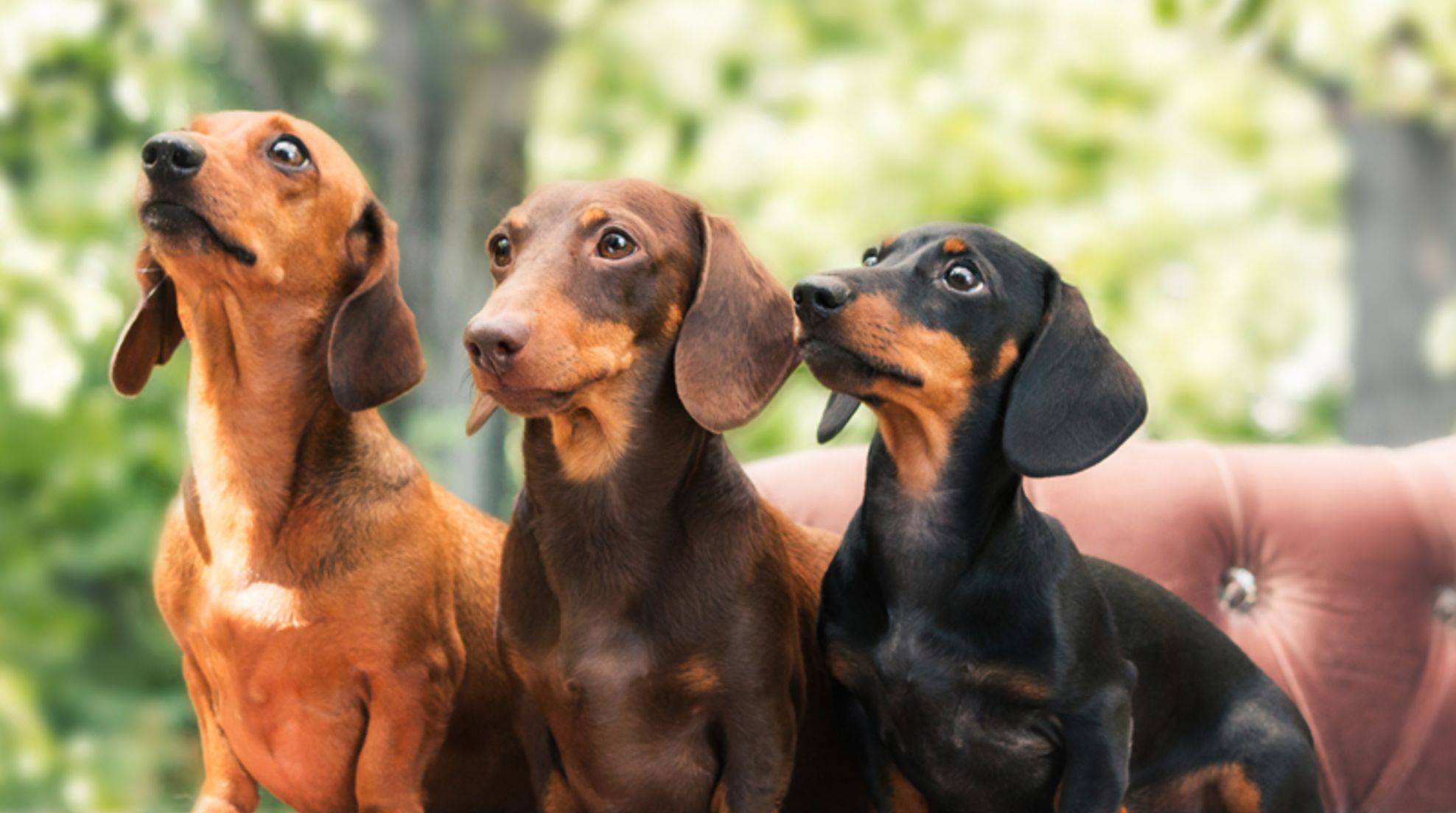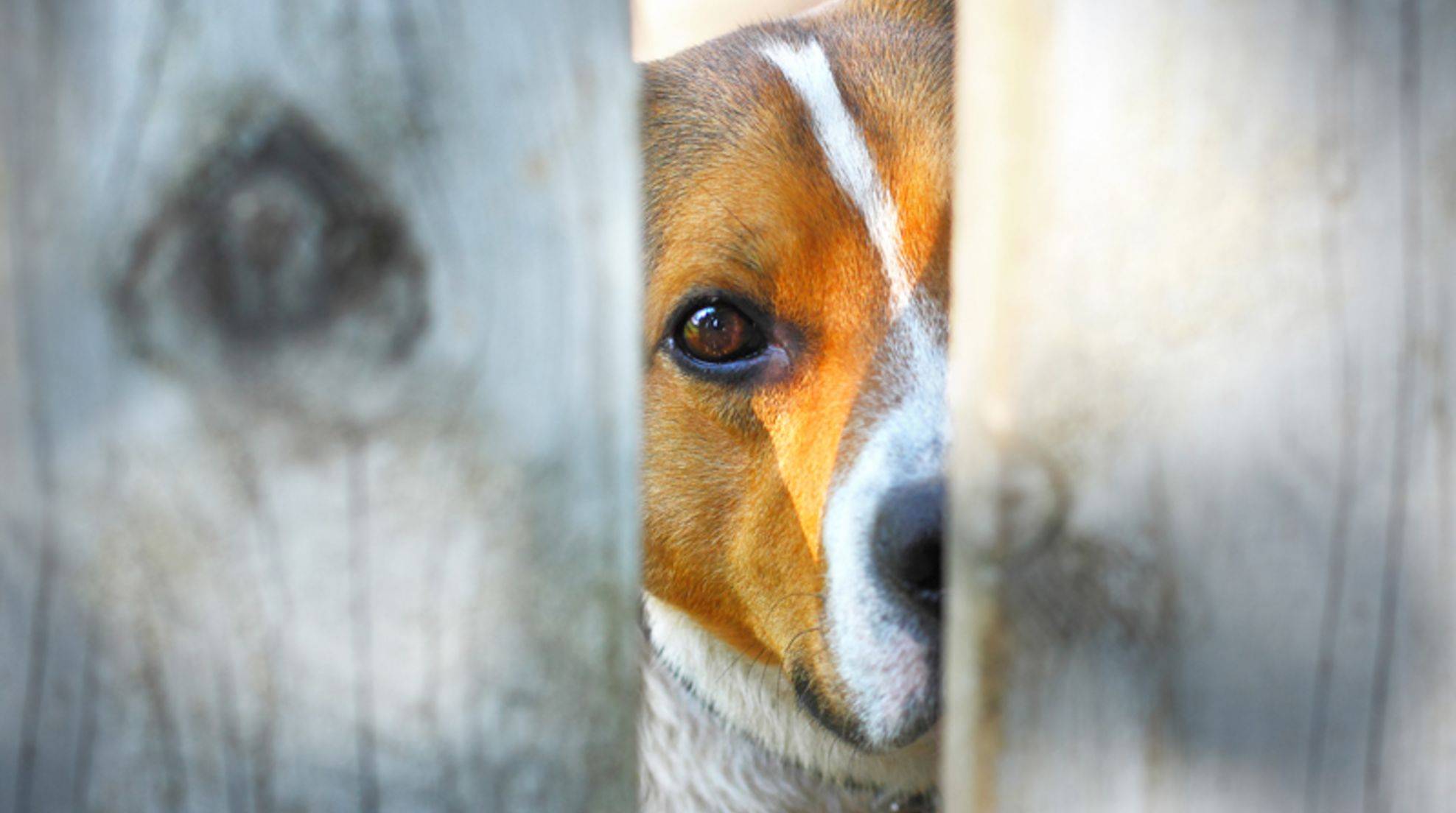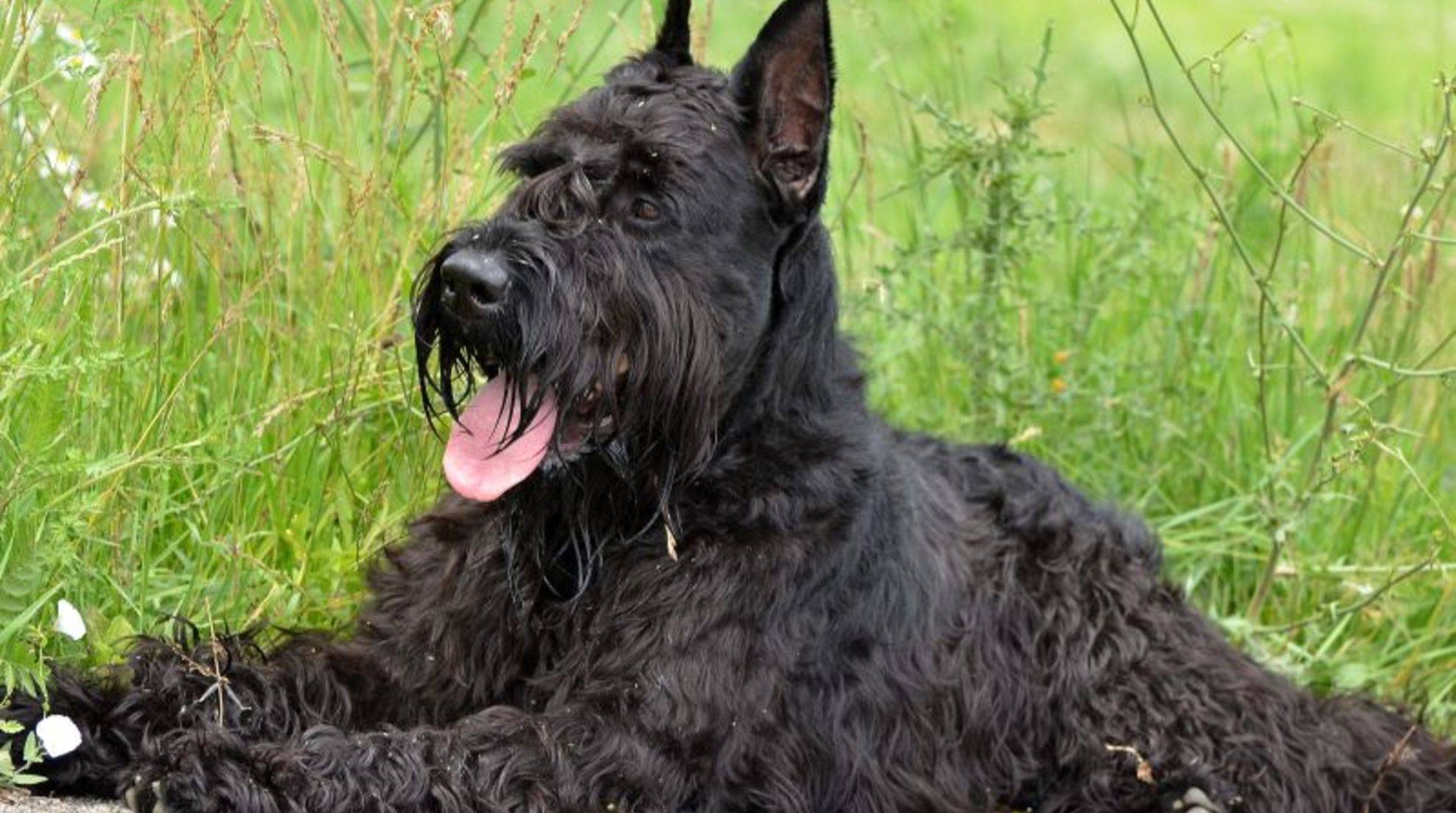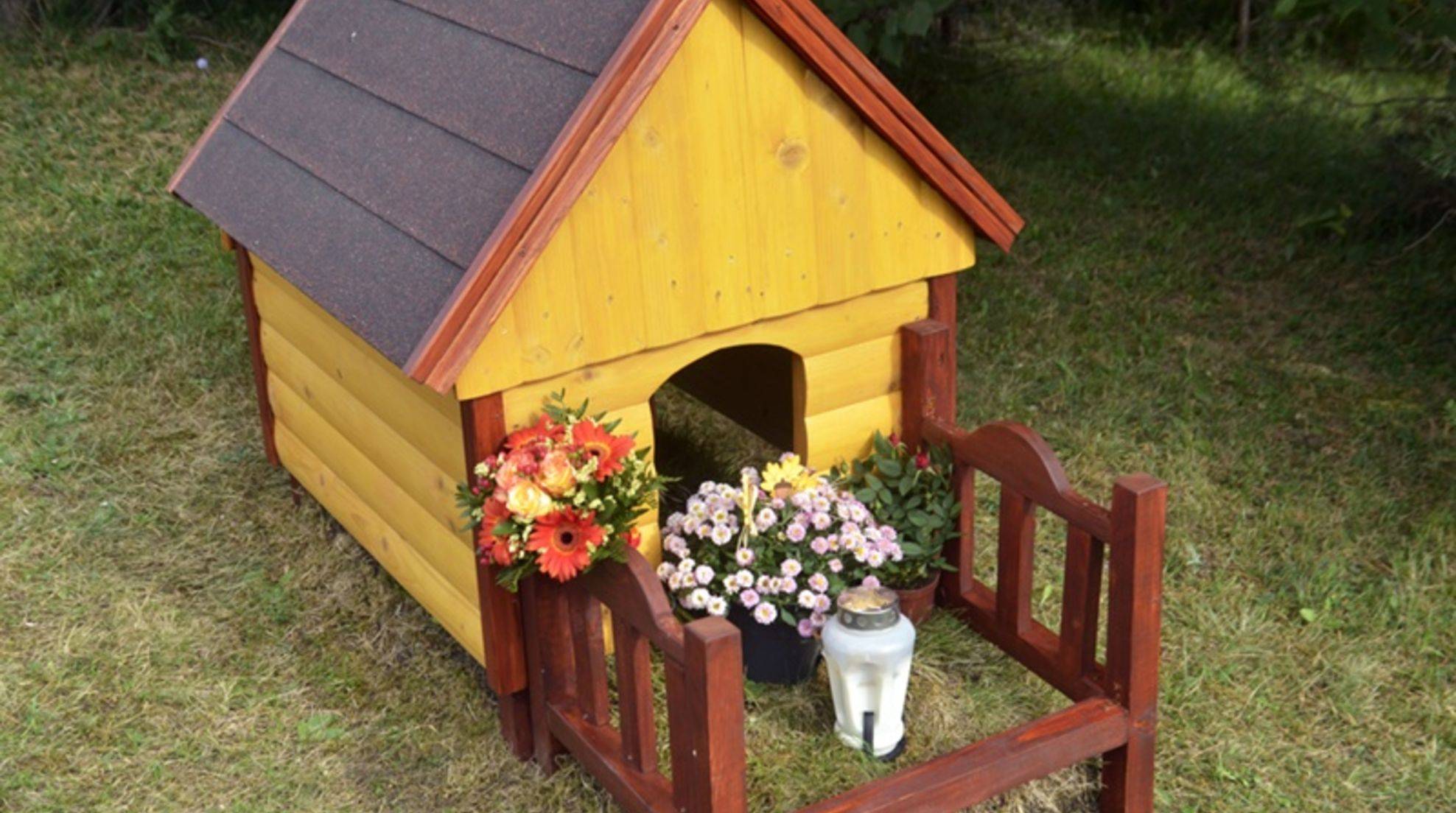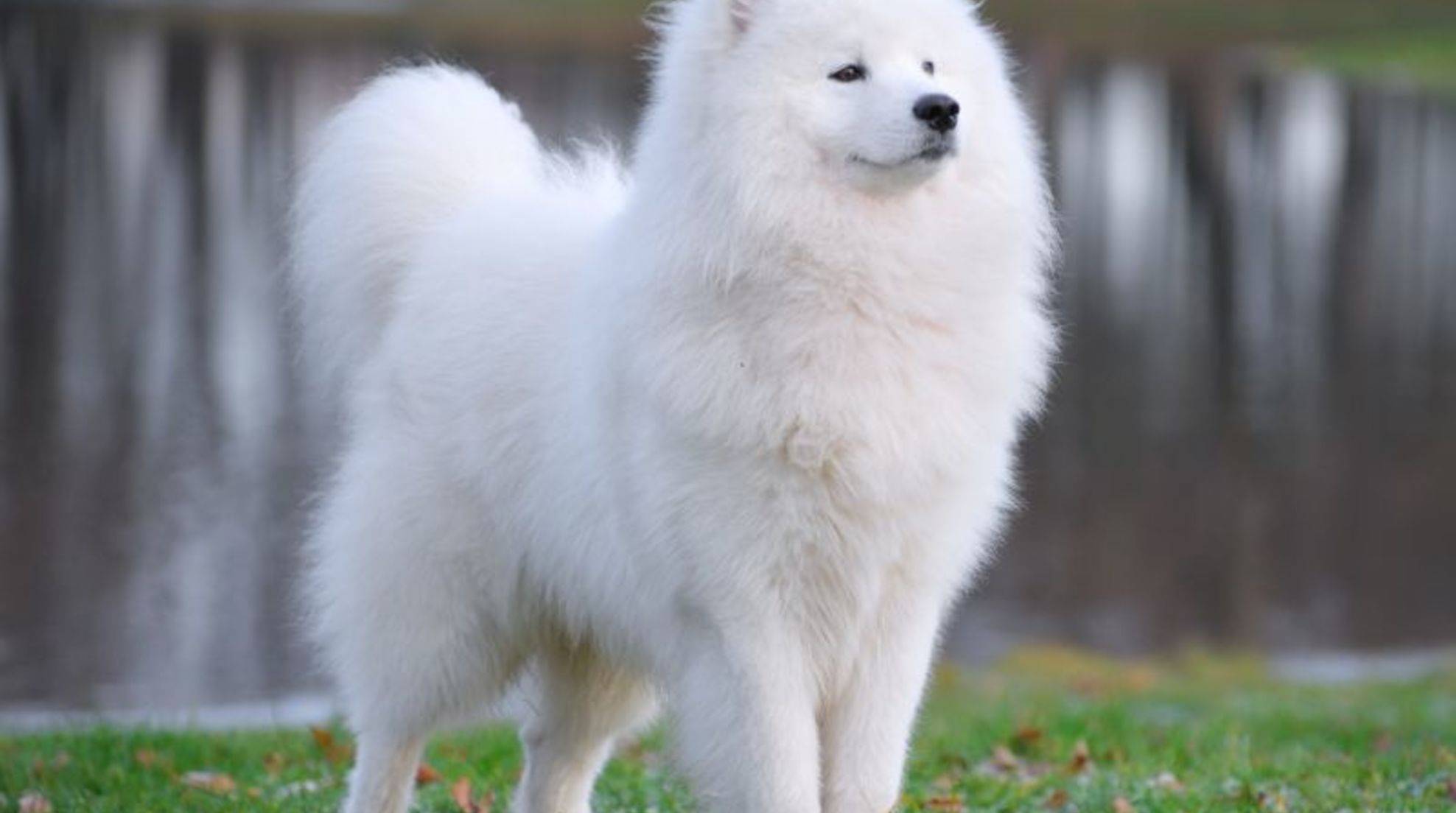Doberman: character and features of the dog
The Doberman is a large, strong dog that has a loyal, lovable character – but it is also alert and has a strong protective instinct. To be a gentle, one hundred percent reliable dog, he depends on the proper and expert treatment of his master.
A well-behaved Doberman is a great dog: the strong four-legged friend comes into the world with as friendly a character as any other dog. Its size, its stature and its guarding instinct can make it more dangerous as an adult quadruped than a Chihuahua, of course – but only if it is wrongly educated or even trained.
The Doberman: Sensitive, loyal and smart
Affectionate, fond of children and easy to handle: this is how the large, muscular dog shows itself as a well-behaved family dog, lovingly guided by its permanent reference person. He is sensitive, gentle and compatible with other animals if he has been well socialized from puppyhood. Teaching him is a joy because he is smart, athletic, obedient and enjoys learning tricks or letting off steam in dog sports like agility or obedience.
Alert and attached to a person
By nature, the Doberman is alert, confident and fearless. Loyalty to his human also means that he would always protect him – it is important that he only does this when he is supposed to and it is his owner who decides on this, not him.
So that these characteristics do not develop into a negative (for example, because he misjudges a situation and trusts his own feelings more than those of his owner), it is important that he has a reliable, calm, dog-experienced caregiver who knows exactly what he is doing when it comes to dog training.
Is the Doberman the right dog breed for you?
The Doberman is not suitable for beginners, because due to his intelligence, alertness and courage, he makes his own decisions when inconsistent, unsafe upbringing, which can sometimes be dangerous. Especially since he can inflict serious injuries with his strength and body size, should he actually bite because he believes he has to defend his family. Ideally, you should bring your Doberman puppy into your home as early as eight weeks of age and begin training him immediately so that he knows what he is and is not allowed to do.
However, socialization should already start at the breeder, who will introduce the little puppies to everyday noises, strange people, other pets et cetera. Therefore, thorough research is also necessary before buying, so that you not only find a reputable breeder, but also one with whose breeding goals you agree. Some Doberman breeders put more emphasis on alertness of the quadruped, others try to breed especially good-natured Dobermans together, which are then easier to raise as family dogs.
A Doberman is a great dog breed for you if the following points apply to you:
● You have experience with dogs and raising them.
● You have enough time to go to dog sports with your Doberman and to exercise him in a way that is appropriate for his species, both mentally and physically.
● You are willing to keep your dog indoors as well, rather than in a kennel-only environment, so that your Doberman has family contact and does not develop a general distrust of people.
● All family members agree to the acquisition of a Dobermann and are willing to pull together in the upbringing and to take responsibility for the four-legged friend.
● You have the opportunity to take long walks in nature with your dog every day.
● You know that in Germany, Austria and Switzerland the docking of ears and tail of the dog is forbidden according to the animal protection law and leave your Dobermann his floppy ears and long tail.

